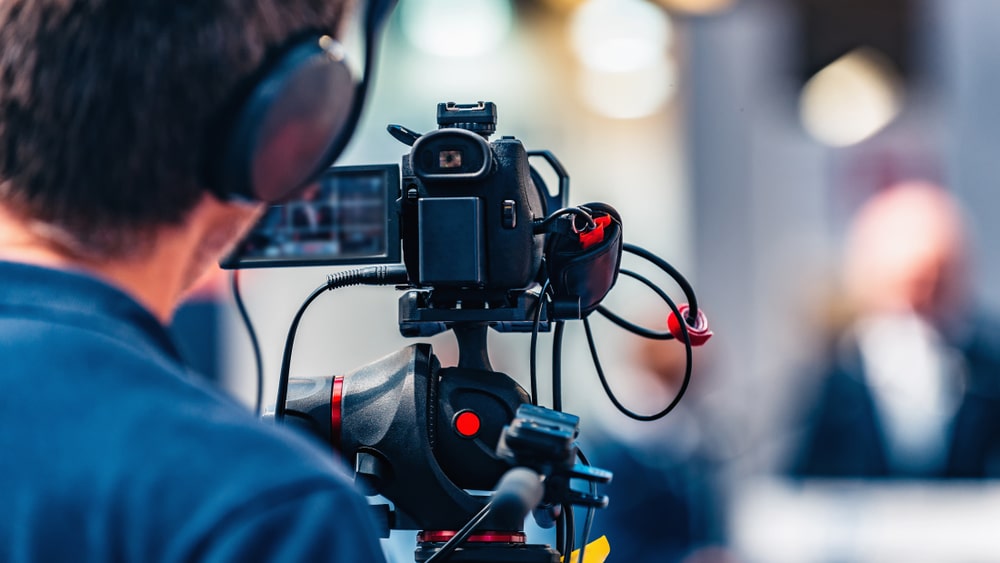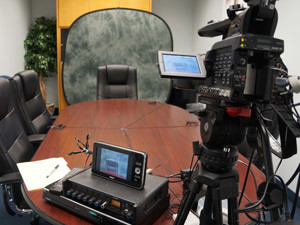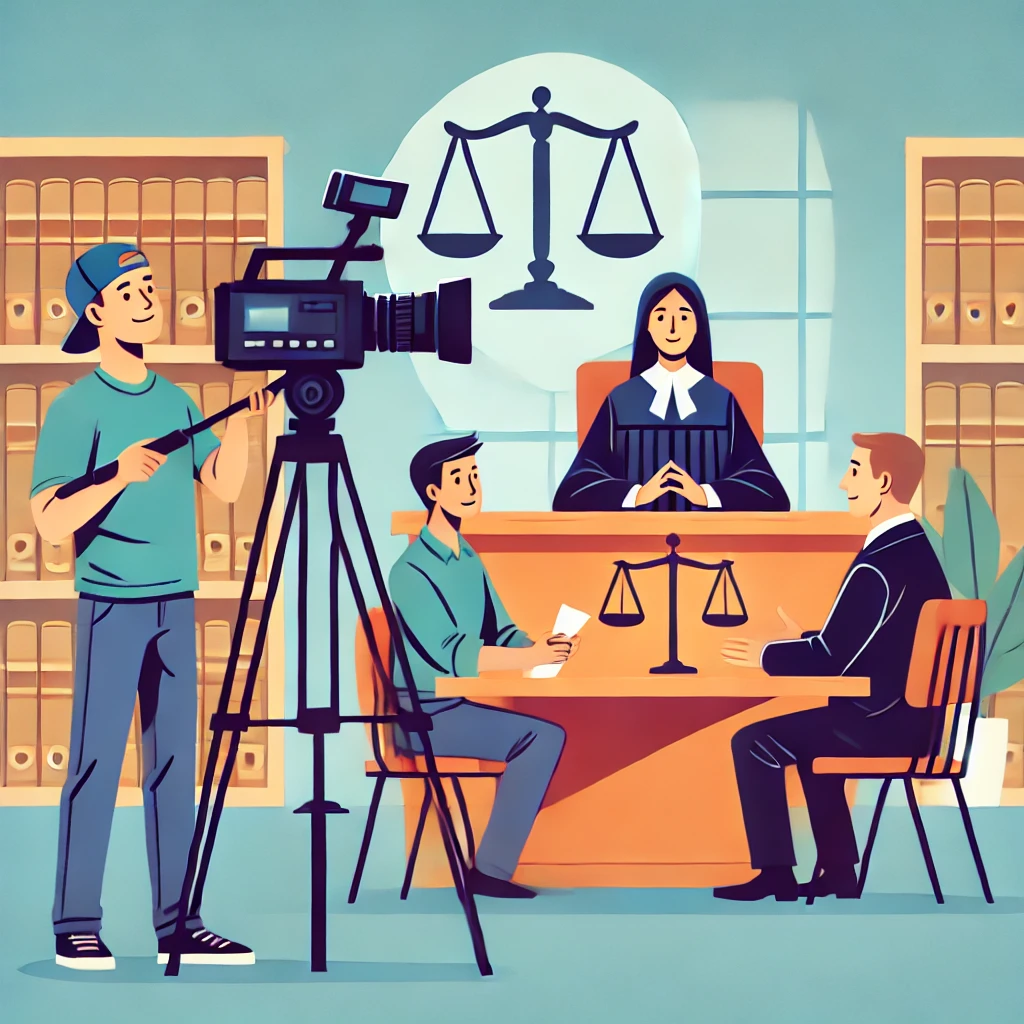The Function of Lawful Videography in Depositions and Tests
Legal videography has actually become a crucial device in both depositions and tests, providing a complex method to documenting witness testimonies. By recording not just the talked word however likewise the nuances of non-verbal interaction, this tool boosts the reliability of testaments and protects essential proof for future procedures. As legal experts increasingly recognize its value, it prompts a much deeper evaluation of exactly how these visual documents can influence juror assumptions and test results. What implications might these developments hold for the future of lawful practice?
Value of Lawful Videography
Legal videography plays a pivotal function in the paperwork and presentation of depositions and trials. This customized field combines technological skills with lawful knowledge to create a trustworthy document of proceedings that can considerably influence case results. The visual element of lawful videography improves the understanding of witness testimony, enabling jurors and judges to observe not just the talked words but also the attitude, feelings, and body movement of the witnesses.

The importance of lawful videography extends beyond the courtroom; it likewise plays an important function in maintaining evidence for future recommendation, whether for appeals or more lawsuit. Its assimilation into the lawful procedure is crucial for making certain a reasonable and accurate depiction of the realities, inevitably adding to the pursuit of justice.

Process of Legal Videography
While recording the nuances of depositions and trials, the process of lawful videography entails several important steps that make sure high-quality, exact recordings. Initially, a professional lawful videographer prepares by reviewing the instance products and comprehending the details needs of the deposition or test. This preparation consists of acquainting themselves with the participants and the context, which assists in recording pertinent details.
On the day of the recording, the videographer sets up the essential devices, which generally includes high-def cameras, microphones, and correct lights. Making sure ideal angles and audio top quality is important, as it directly affects the performance of the recording. The videographer interacts with attorneys and participants to develop methods, ensuring that every person comprehends the recording procedure.
Throughout the deposition or trial, the videographer carefully tape-records the process, paying very close attention to both verbal and non-verbal signs. legal videography. This includes capturing the disposition and responses of witnesses and attorneys. After the session wraps up, the videographer may modify the footage for clearness and conformity with lawful criteria, producing a last product that properly reflects the procedures for future referral and usage in lawful contexts
Advantages in Depositions
The consolidation of videography in depositions offers numerous advantages that boost the total procedure of gathering evidence. read this One main benefit is the ability to capture witness statements with aesthetic and acoustic fidelity, supplying an extra accurate depiction of the witness's temperament, tone, and body movement. This multidimensional strategy allows lawyers and courts to analyze credibility much more properly than conventional written records alone.
Furthermore, videographed depositions function as an effective device for maintaining testament. Must a witness become unavailable for trial, their taped deposition can be played in court, ensuring that their proof stays available and appropriate. This element dramatically decreases the threat of shedding essential info that can influence case outcomes.
Additionally, using legal videography advertises much better preparation for lawyers. Reviewing video clip footage permits lawful groups to assess and improve their techniques, recognizing toughness and weak points in their situations. This preparatory advantage can bring about more compelling presentations in court.
Finally, videography boosts the total this website expertise of the deposition procedure, instilling confidence in clients relating to the thoroughness of their lawful depiction. By leveraging technology, lawyers can considerably improve the effectiveness of depositions.
Effect on Tests
In many trials, the integration of videography can significantly affect the presentation of evidence and the jury's perception. Legal videography captures witness testimonies and critical evidence in a vibrant format, enabling jurors to involve with the material on several levels. This aesthetic part enhances the storytelling facet of a test, offering context and psychological vibration that standard text-based evidence might do not have.
Furthermore, video recordings can offer as powerful devices for impeachment during cross-examination. When discrepancies occur between a witness's prior declarations and their court testament, video clip proof supplies an objective referral that can persuade jurors' opinions. This immediacy and clarity can bolster the credibility of a celebration's story while concurrently weakening opposing debates.
Furthermore, making use of videography can aid enhance intricate details, making it more accessible to jurors that might have a hard time to understand intricate information offered solely through spoken testimony. By incorporating visuals with auditory info, legal videography can improve retention and understanding, eventually affecting the jury's decision-making procedure. The effect of videography in trials extends beyond simple appearances; it plays a vital duty in forming the lawful landscape and end results.
Future Trends in Legal Videography
As we look towards the future of lawful videography, numerous arising fads promise to reshape its function within the courtroom. One significant fad is the assimilation of expert system (AI) in video clip evaluation and modifying - legal videography. AI can improve the procedure of determining crucial minutes in recorded depositions, enabling attorneys to swiftly access relevant content, thus improving effectiveness in instance preparation
In addition, the increase of digital truth (VR) and increased fact (AR) modern technologies is anticipated to transform exactly how jurors experience proof. By submersing jurors in a simulated environment, these technologies can provide a much more profound understanding of complex circumstances, leading to more informed considerations.

Moreover, the increasing demand for remote depositions, accelerated by the my review here COVID-19 pandemic, will likely proceed. Lawful videographers will require to adjust to brand-new software and platforms to make certain top notch recordings in online setups.
Lastly, the expanding focus on data safety will certainly demand stricter protocols for saving and sharing video proof. As the legal landscape progresses, lawful videographers have to remain abreast of these trends to keep their relevance and performance in the judicial procedure.

Final Thought
In summary, legal videography serves a vital feature in the judicial procedure, enhancing the integrity of depositions and trials. As technology continues to progress, lawful videography is positioned to more change its role within the lawful landscape.